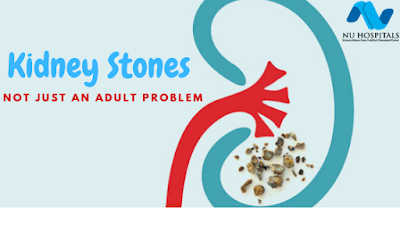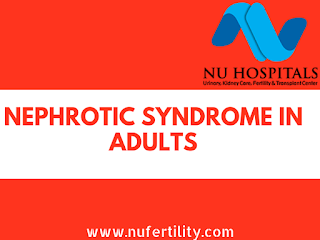Kidney
disease is one of the most common among adults, and many habits adapted by kids
over the years can set the stage for kidney disease. Therefore, you can help
your kid(s) protect their kidney from an early age. Here are some of the golden
rules to follow to ensure kidney healthy for kids in future.
Activities are important: Regular
exercise and engaging your kids in some kind of physical activities can help
your kid feel better, and improve and maintain their health. In turn, it keeps
your kid’s body healthy, including their bones, muscles, heart and kidneys.
Reduce sugar: Too much intake of sugar
can raise the risk of diabetes as kids get older. High blood sugar can also put
a strain on the kidneys. Diabetes is the leading cause of kidney failure in adults. One of the ways to lower sugary intake is
cutting back on sugary drinks, such as sodas, juices and sports drinks.
Serve water: Serving water instead of
sugary drinks is a good way to cut down on sugar. Water is important for good
kidney health and helps the kidneys remove wastes from the blood in the form of
urine. Having enough water to prevent dehydration is important, especially for
kids. Mild dehydration can make kids feel tired. Further, it can impair normal
bodily functions, and very severe dehydration can lead to kidney damage.
Reduce salt: As we are aware, sodium is
needed for the body to function, but anything too much can be harmful. Sodium
can make the body hold on to more water. This extra stored water can raise the
blood pressure and strain different parts of the body, including blood vessels
and kidneys. High blood pressure can damage kidneys as they get older. High
blood pressure is the second leading cause of kidney failure in adults. So,
keep a check of the sodium intake in kids.
Get regular checkups: Make sure
you get regular checkups for your kid. By doing a thorough check up your kid
can be detected if they are experiencing any unusual symptoms, such as feeling
tired, difficulty in sleeping, trouble concentrating, poor appetite, issues
with urinating, swollen feet and ankles, etc. Usually, urine and blood tests
can be used to check how well their kidneys are working.
At NU
Hospitals, known to be one of the finest kidney care hospitals in Bangalore, will diagnose and evaluate your kid just the
right way. Backed by some of the best kidney specialists in Bangalore along with state-of-the-art facilities, you need
not worry about a thing.












